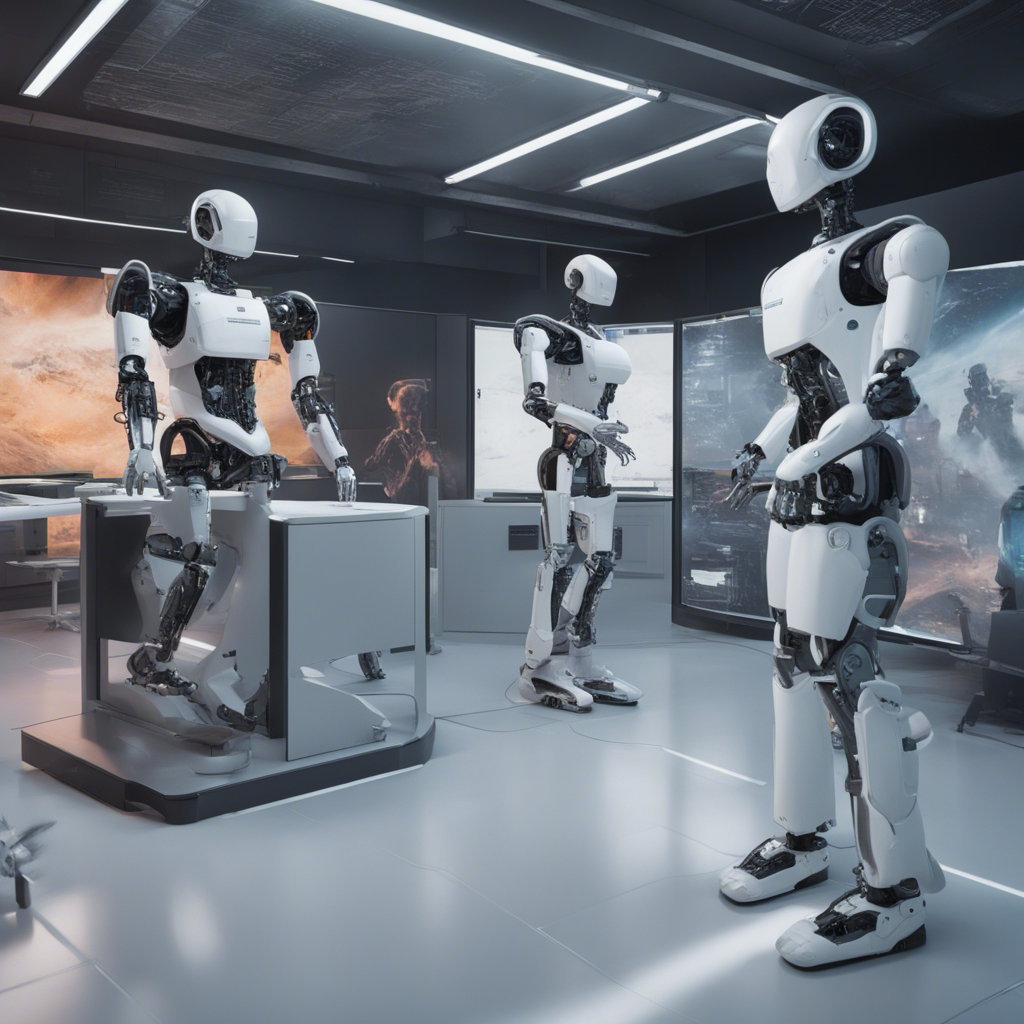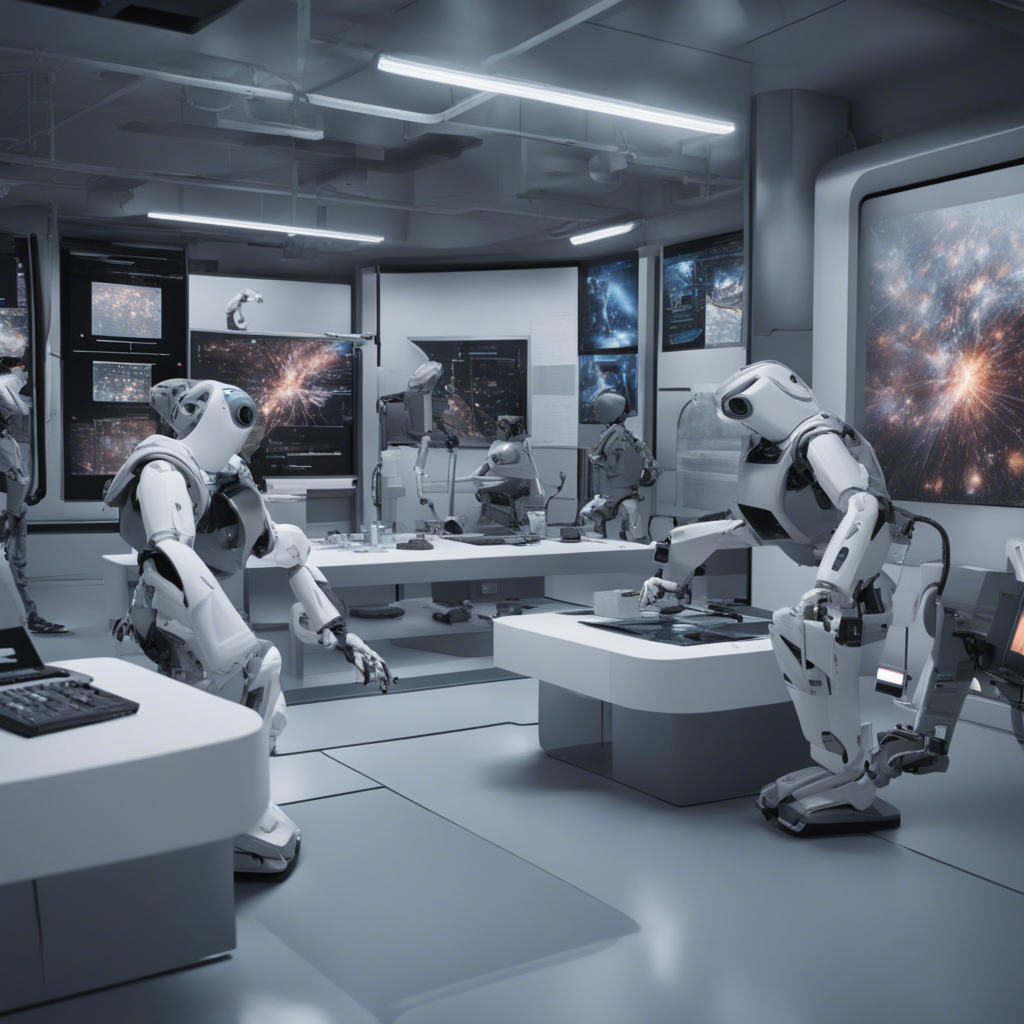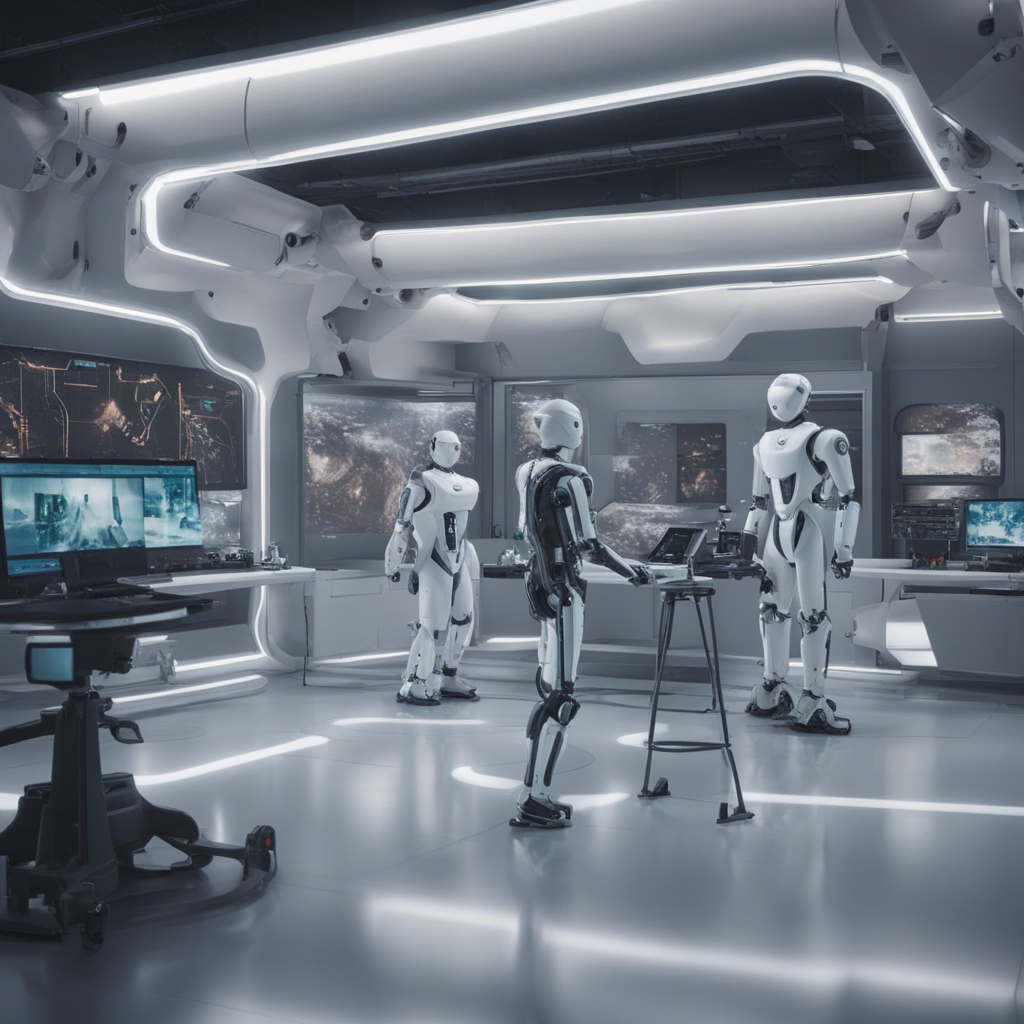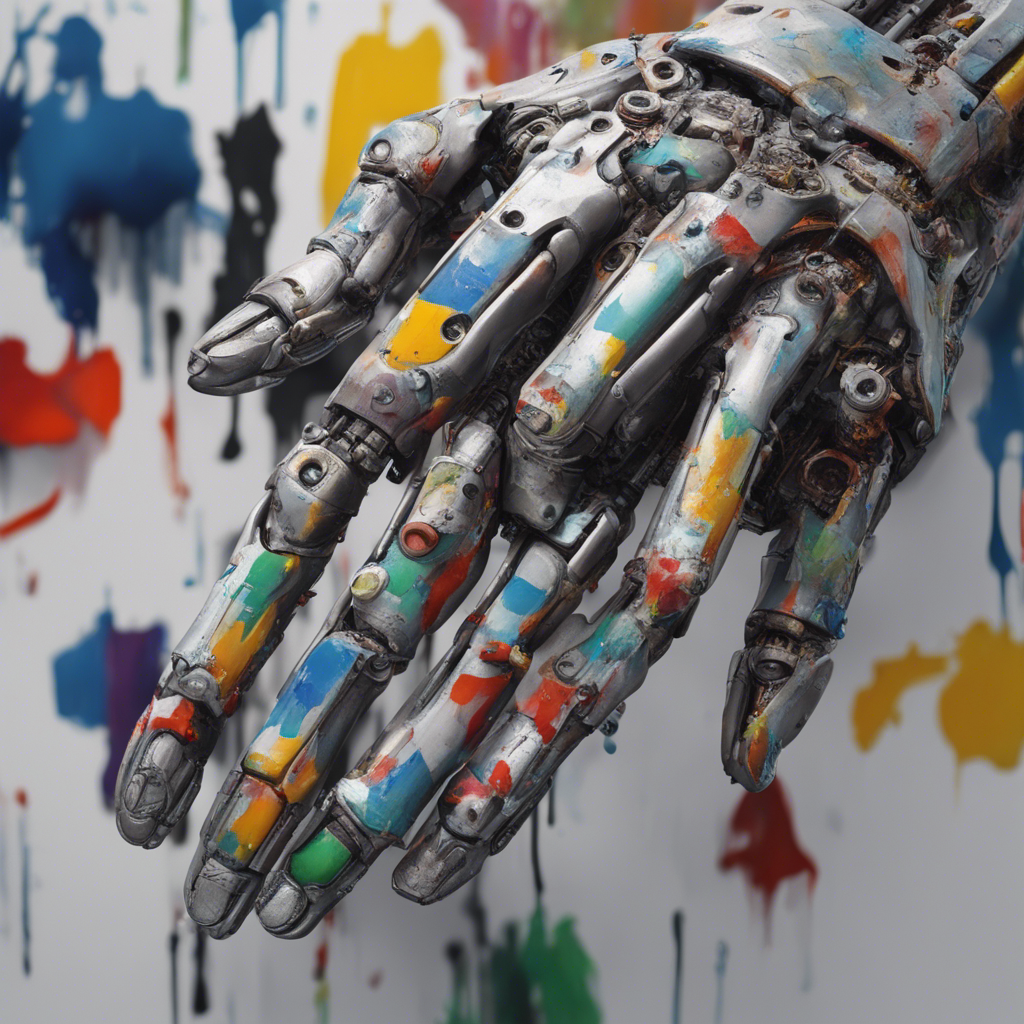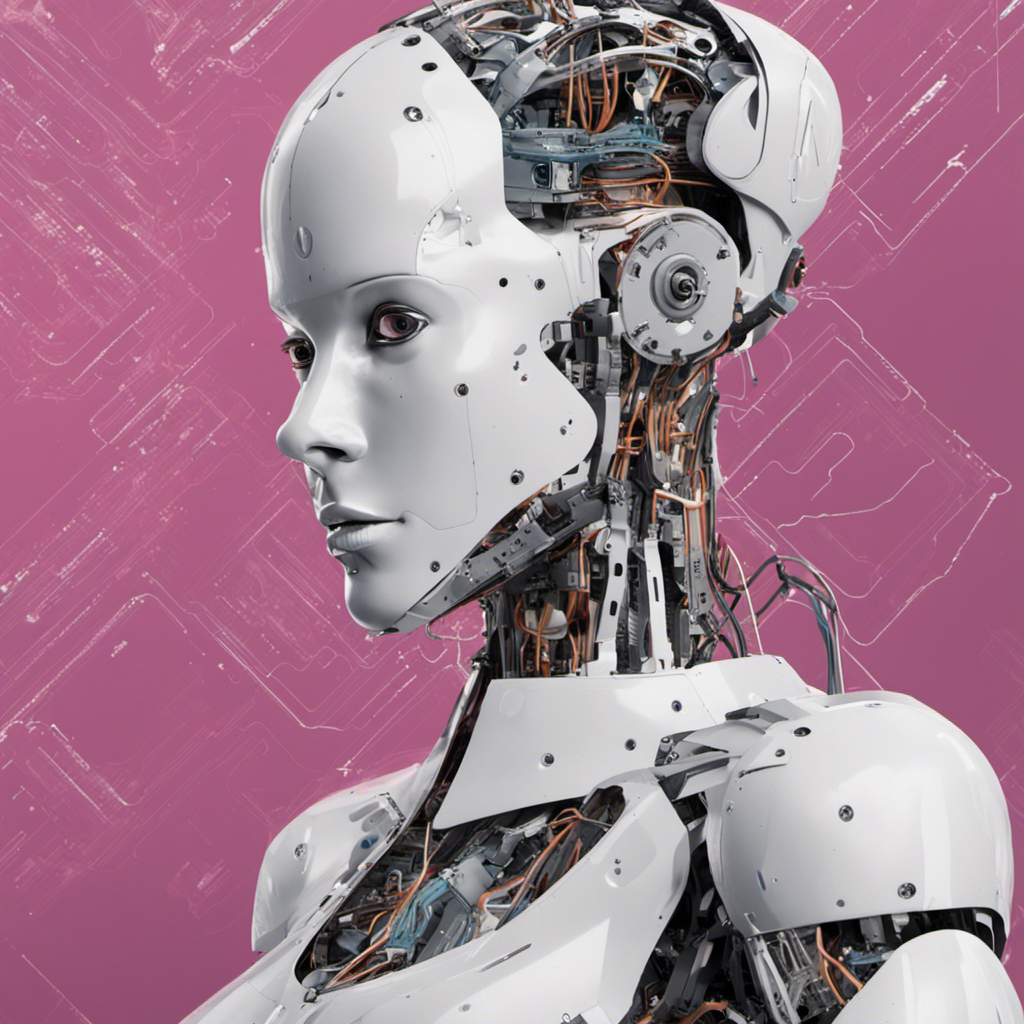
Artificial Intelligence (AI) has been a topic of fascination and concern in recent years, with many fearing that the technology will lead to widespread job loss and unemployment. However, it is crucial to separate the myths from the realities when discussing the impact of AI on the job market. In this article, we will explore the actual effects of AI on employment, debunk some common myths, and provide insights into the future of work in an AI-driven world.
Myth: AI will replace all jobs
One of the most prevalent misconceptions surrounding AI is the belief that it will completely replace human workers. While AI can automate certain tasks and roles, it is unlikely to substitute for all jobs across industries. According to a report by the World Economic Forum, AI is expected to create more jobs than it eliminates, with a net increase of 12 million jobs by 20251.
AI is best suited for automating repetitive and mundane tasks, enabling human workers to focus on more complex and creative aspects of their jobs. By streamlining operations, AI can augment human capabilities to boost productivity and efficiency.
Myth: Only low-skilled jobs are at risk
Another common myth is that only low-skilled jobs are susceptible to automation. While it is true that AI can automate routine tasks in sectors like manufacturing and agriculture, it also has the potential to impact higher-skilled professions. For example, AI-powered algorithms can analyze vast amounts of data and provide data-driven insights, which can affect jobs in finance, marketing, and even healthcare.
However, it is important to note that AI is more likely to augment skilled workers rather than replace them. Jobs that require critical thinking, emotional intelligence, and complex decision-making are less likely to be fully automated. In these fields, AI can be a powerful tool to enhance human capabilities and enable workers to make more informed decisions.
Reality: AI will reshape job roles and skill requirements
While fears of mass unemployment due to AI may be exaggerated, it is valid to acknowledge that job roles and skill requirements will undergo significant transformations. Occupations will evolve to adapt to the increasing integration of AI technologies.
Workers will need to acquire new skills to thrive in an AI-driven job market. Emphasizing skills such as problem-solving, creativity, adaptability, and data literacy will be crucial. Additionally, continuous learning and upskilling will become essential as technology advances and new roles emerge.
Companies must prioritize reskilling and upskilling initiatives to ensure their workforce remains relevant and competitive. Governments and educational institutions also play a vital role in supporting lifelong learning and providing accessible opportunities for skill development in the face of AI-related changes.
Reality: New job opportunities will arise
While AI may lead to some job displacement, it also opens up new avenues for employment. As AI technologies advance, new job roles will emerge, requiring a combination of technical and human skills. AI specialists, data scientists, machine learning engineers, and ethical AI experts are just a few examples of the positions in high demand today.
Moreover, AI can create opportunities for entrepreneurship and innovation. With the right knowledge and skills, individuals can leverage AI tools to develop new products, services, and business models. As the technology continues to evolve, there will be a growing need for individuals who can understand, implement, and manage AI solutions.
Conclusion
In conclusion, the impact of AI on the job market is often clouded by myths and fears. While AI will undoubtedly reshape job roles and skills, it is unlikely to result in widespread unemployment. Rather than simply replacing humans, AI has the potential to enhance human capabilities, boost productivity, and create new job opportunities.
To thrive in an AI-driven world, individuals and organizations need to embrace a culture of continuous learning and adaptability. By investing in skills development, fostering innovation, and leveraging AI as a tool, we can navigate the changing landscape of work and ensure a prosperous future for all.
References:
-
World Economic Forum. (2020). The Future of Jobs Report 2020. Retrieved from https://www.weforum.org/reports/the-future-of-jobs-report-2020 ↩︎



